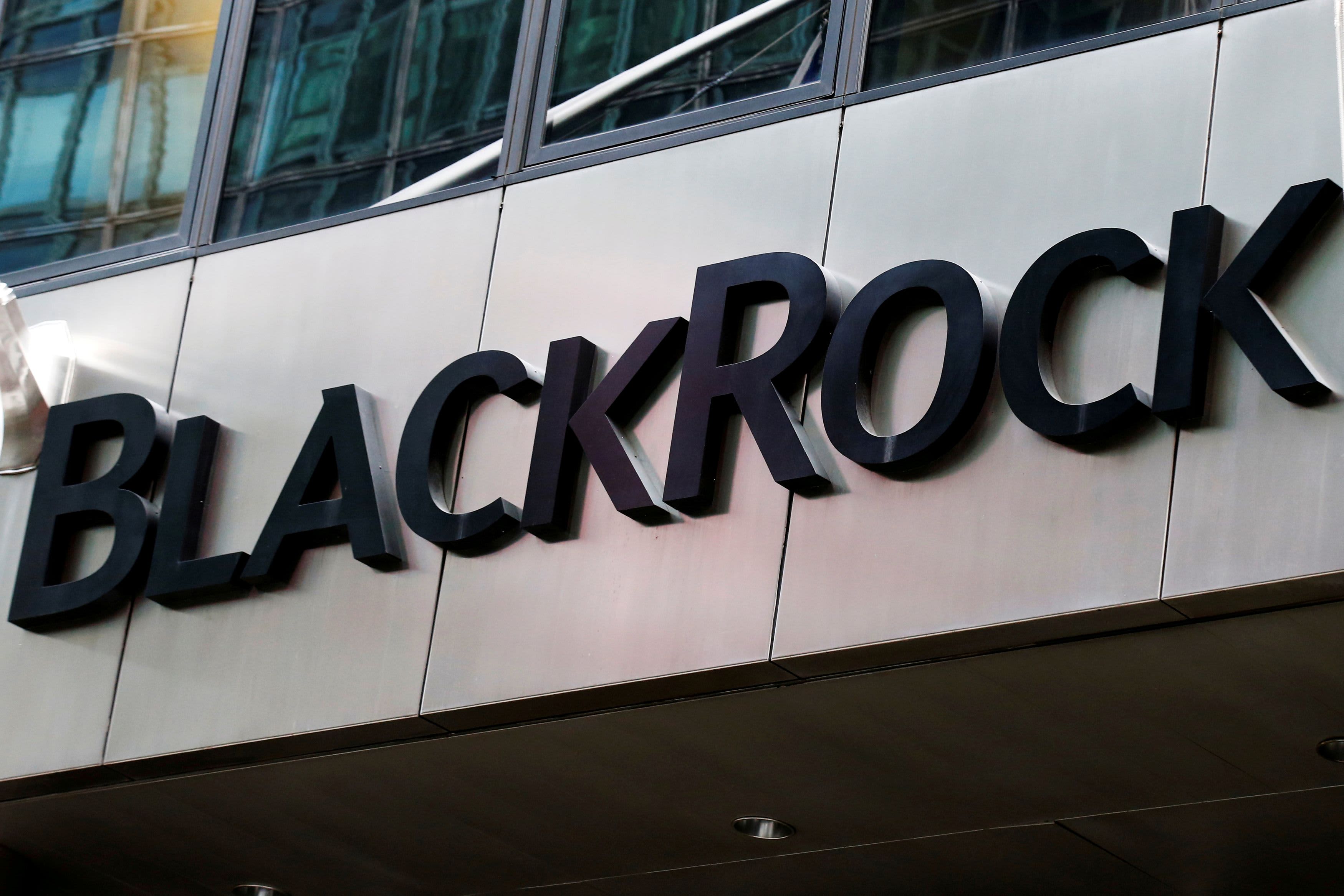Inflation, geopolitical uncertainty and fears of a recession have undermined financial confidence across the board, according to a new report by Edelman Financial Engines.
Less than one-quarter, or 23%, of more than 2,000 adults polled earlier this fall said they felt “very comfortable” about their finances. Fewer — just 12% — consider themselves wealthy, the report said.
related investing news
Even with their high net worth, less than half of all millionaires, or 44%, felt “very comfortable” about their finances and fewer than one-third, or 29%, felt wealthy, the report also found.
More from Personal Finance:
35% of millionaires say they won’t have enough to retire
Congress may make it easier to save for emergencies
Inflation boosts U.S. household spending by $433 a month
“Becoming a millionaire was always the pinnacle of financial success,” said Jason Van de Loo, head of wealth planning and marketing at Edelman Financial Engines.
But at a time when inflation and stress levels are up, and markets and portfolios are down, “very few Americans actually feel wealthy.”
‘What would it take to feel wealthy?’
These days, fewer Americans, including millionaires, feel confident about their financial standing.
According to a separate report by Bank of America, 71% of workers feel their pay isn’t keeping up with the rising cost of living, bringing the number of people who feel financially secure to a five-year low.
Most adults said they feel less financially secure than they hoped to be at this stage in their life, Edelman Financial Engines also found.
What would it take to feel wealthy? The short answer is more.Jason Van de Loohead of wealth planning and marketing at Edelman Financial Engines
To feel wealthy, most people said they would need $1 million in the bank, although high net worth individuals put the bar much higher: More than half said they would need more than $3 million, and one-third said it would take over $5 million.
“What would it take to feel wealthy?” Van de Loo said. “The short answer is more.”
Americans feel the sting of inflation
Regardless of how much money they have, Americans across the board are cutting back or making trade-offs due to inflation and higher prices, including buying fewer things, spending less on food and entertainment, and saving less for retirement or other long-term goals.
Already, credit card balances are up 15% in the most recent quarter, the largest annual jump in more than 20 years.
At the same time, the personal savings rate fell to 2.3% in October, a 17-year low.
“People are probably getting a lesson on frugality this year,” said Dave Goodsell, executive director of the Natixis Center for Investor Insight.


